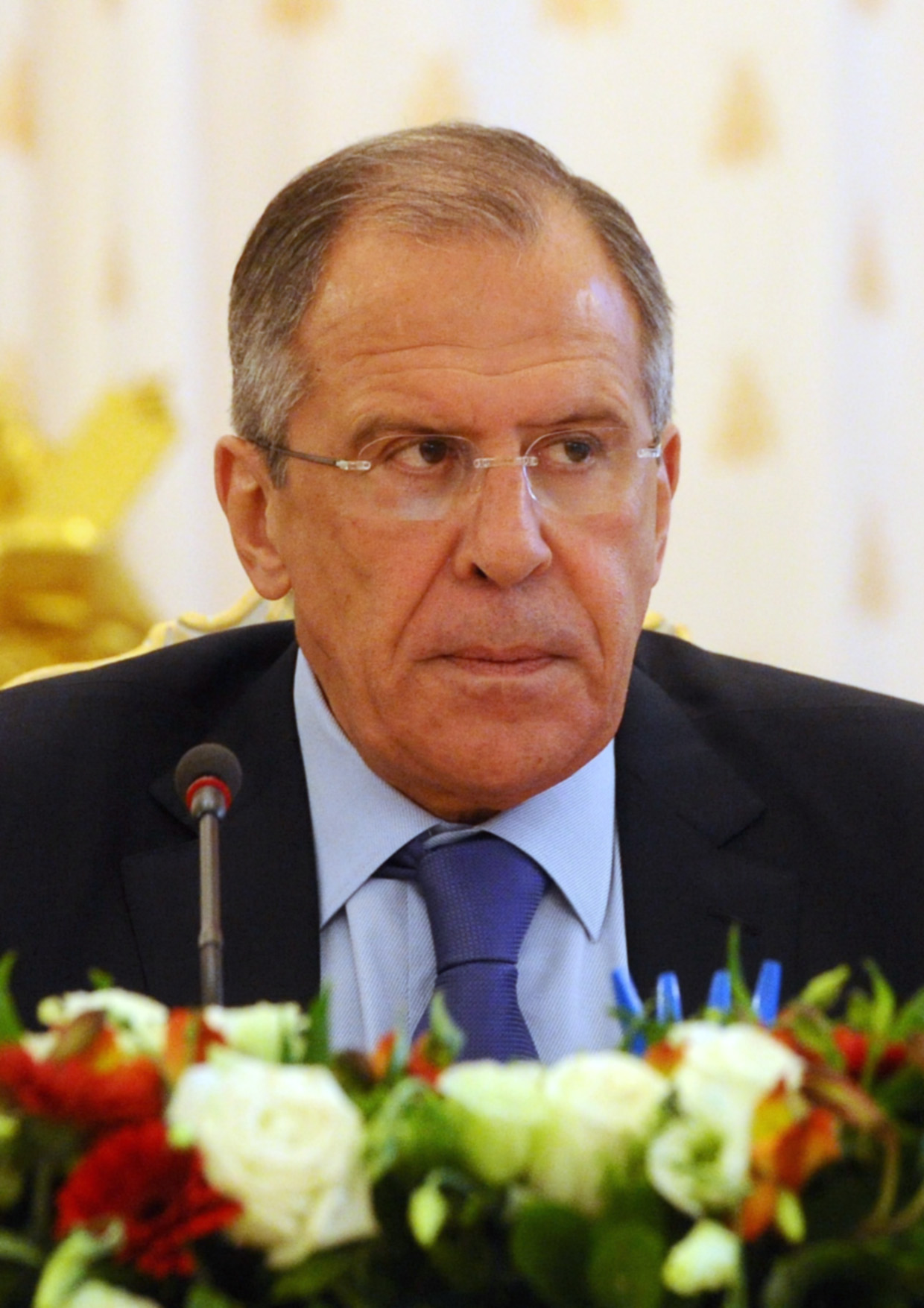ID :
325084
Thu, 04/17/2014 - 10:08
Auther :
Shortlink :
https://oananews.org//node/325084
The shortlink copeid
Russia, US, EU foreign policy chiefs to meet in Geneva over tension in southeast of Ukraine

MOSCOW/GENEVA, April 17 (Itar-Tass) - The foreign policy chiefs of Russia, the United States, European Union and representatives of the Ukrainian side will gather in Geneva on Thursday to discuss ways of overcoming Ukraine’s serious crisis.
Consultations in such format were proposed by U.S. Secretary of State John Kerry in early April, and the meeting’s configuration gradually began to take shape after Russian Foreign Minister Sergei Lavrov agreed to hold them.
And yet, although the negotiations will be launched in several hours, it is still a mystery what exactly the delegations will discuss behind closed doors of the fashionable Intercontinental Hotel in Geneva. Just several days ago during his visit to China Lavrov said that the meeting’s agenda was preliminarily co-ordinated. “De-escalation, disarmament of illegal formations, constitutional reform and elections - these are the things to be discussed,” the RF foreign minister said.
Among the above issues, the most important for Moscow is perhaps the constitutional reform. “The beginning of the preparation of a real constitutional reform, which would take into account the interests of all Ukrainian regions without exception is a key to the crisis settlement,” Lavrov stated, stressing that such a reform should be “real, and not cosmetic.”
However, according to American diplomats, there is no common agenda at the moment. An official of the U.S. permanent mission to the UN Office in Geneva said that he had not seen it and in his view, each delegation would come to Geneva with its own ideas. It is the United States that acts as the organiser of the four-sided meeting.
The Ukrainian side in the meantime intends to place the emphasis on other issues. Andrei Deshchitsa, Ukraine’s acting foreign minister, who will head the country’s delegation at the talks, said in Kiev on Wednesday that Ukraine would insist on cancelling the decision of the Russian Federation Council (upper house of RF parliament) to allow the use of Russian troops in the Ukrainian territory. In addition, Kiev intends to insist on “the withdrawal of troops from Crimea,” “removal of Russian troops from the eastern borders with Ukraine” and “the abolishment of the legal decision on the annexation of Crimea.”
As for the internal Ukrainian affairs, for example, the country’s federalisation issue, on which Moscow insists, Kiev does not intend to discuss it in Switzerland. “Ukraine does not intend to discuss at this meeting Ukrainian internal issues, so we will not discuss matters related to Ukraine’s federalisation. This issue is not on the agenda,” said Yuri Klimenko, Ukraine’s permanent representative to the UN Office and other international organisations in Geneva.
The RF Foreign Ministry does not agree with such presentation of the problem. “Don’t believe the statements suggesting that this meeting is not going to discuss the internal Ukrainian crisis, and that it will focus on which steps Russia should take,” Lavrov stressed. “It’s a blatant lie. We gather to discuss exactly the Ukrainian internal crisis.”
Thus, the need to de-escalate the conflict is practically the only aspect on which there is common understanding, to all appearances. All the participants in the forthcoming meeting, including EU High Representative for Foreign Affairs and Security Policy Catherine Ashton, have mentioned this. The purpose of this meeting is to begin the dialogue on ways to de-escalate the situation in Ukraine and restore stability in the country, she said.
Moscow is certain at the same time that although the Geneva format may be useful, the Ukrainians themselves should negotiate on the ways to settle the crisis, moreover, they should have the right to do this without external pressure and without the use of the armed forces against them, the danger of which is growing with every passing day in the southeast of the country. “The Ukrainians themselves should negotiate,” Lavrov is certain. “Because the crisis originates from a deep malfunction of Ukrainian statehood, and without the beginning of a dialogue with equal participation of all political forces and all regions, it is impossible to overcome this crisis.”
The meeting is expected to begin at about 11:00, local time (13:00 MSK) and will last for about two hours, after which it will switch to a working lunch mode. After lunch, Kerry and Ashton plan to give a joint news conference. The meeting’s further agenda is to be announced.
Learn more on itar-tass.com





